| If there’s a honeymoon period in the transition from writer to author to novelist, it’s got to be the publication of that debut novel. It’s a place which might have haunted our dreams for years, without any confidence we’d actually reach it. No wonder it seems almost magical to see other people with your book in their hands. By definition, a honeymoon can’t go on indefinitely. There is no fairy-tale happy ever after when real life intervenes. After two lovely launch parties for my debut, I came back to earth with a bump when I learnt that, as with being married, there’s nothing particularly special about having written a book. |
As someone who’s turned off by planning and impatient with the creative writing industry’s perpetuation of the myth that there is a straightforward formula for writing a novel, George Saunders’ piece is the nearest description of successful pantsing I’ve come across.
An artist works outside the realm of strict logic. Simply knowing one’s intention and then executing it does not make good art.
We move through a series of incremental shifts, not so much deciding how to develop the characters and story but by acquiescing to ideas that occur to us that seem the best way forward at the time (but we might later reject). A work of fiction entails “conjuring up the pins”, disparate fragments, “thing[s] about which we’re curious” and watching them fall into place:
the greatest pleasure in writing fiction is when they come down in a surprising way that conveys more and better meaning than you’d any idea was possible.
While I recognise the sheer joy of this process, one of the hardest things for unpublished writers is the discovery that one’s novel
quickly reveals itself to be a linked system of problems … Almost from the first paragraph, the writer becomes aware that a work’s strengths and weaknesses are bound together, and that, sadly, his great idea has baggage.
Until one has had sufficient experience of resolving such problems, this can be quite daunting. Yet, although generally antithetical to looking on the bright side, I entirely agree with the new-agey reframing of such problems as opportunities. For example, well into the early drafts my debut novel, Sugar and Snails, I came across some legislation that would impact greatly on my character. This was good news for Diana but bad news for readers, until I became aware of the gap between the passing of an Act of Parliament and its implementation, transforming what first arose as a plot problem into an opportunity to build tension that definitely improved the novel.
George Saunders also has interesting things to say about writing, hope and empathy, to which I’ll return in another post. He sums up his experience of writing a novel with these words:
It was a beautiful, mysterious experience and I find myself craving it while, at the same time, flinching at the thousands of hours of work it will take to set such a machine in motion again.
Perhaps, like me, you know exactly what he means!
| I opened with honeymoons because that’s the topic of the latest flash fiction challenge. I’m afraid my knowledge of the term is only as a metaphor or through hearsay: in the almost twenty years Mr A and I have been married we’ve been on numerous trips, but nothing I’d classify as a honeymoon which requires, to my mind, heat, luxury and indolence. Mostly, the word makes me think of the rhyme “The Owl and the Pussycat”, which is more about elopement – and honey. But an hour’s brisk walk served up this: |
We cancelled the wedding, but I was determined to have my holiday. My bridesmaid, and my mother, tried to dissuade me – or invite them along. But what was the point of feminism if a girl couldn’t honeymoon alone?
Admittedly, I wept into my champagne on the aeroplane, but the woman on the seat beside me made me smile. Turned out she was also travelling solo, and en route to the same resort.
Back home, I moved in with her, considered marriage but her church turned us down. I’m not overly disappointed. Our honeymoon photos are sublime.
Okay, even in a light-hearted piece, I can’t avoid highlighting the scandal of the Anglican Church’s refusal to uphold equality law.
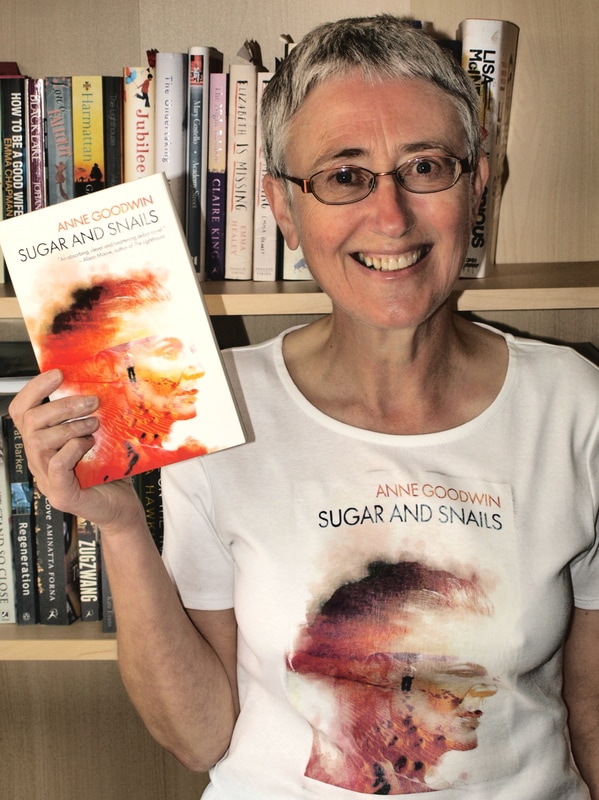
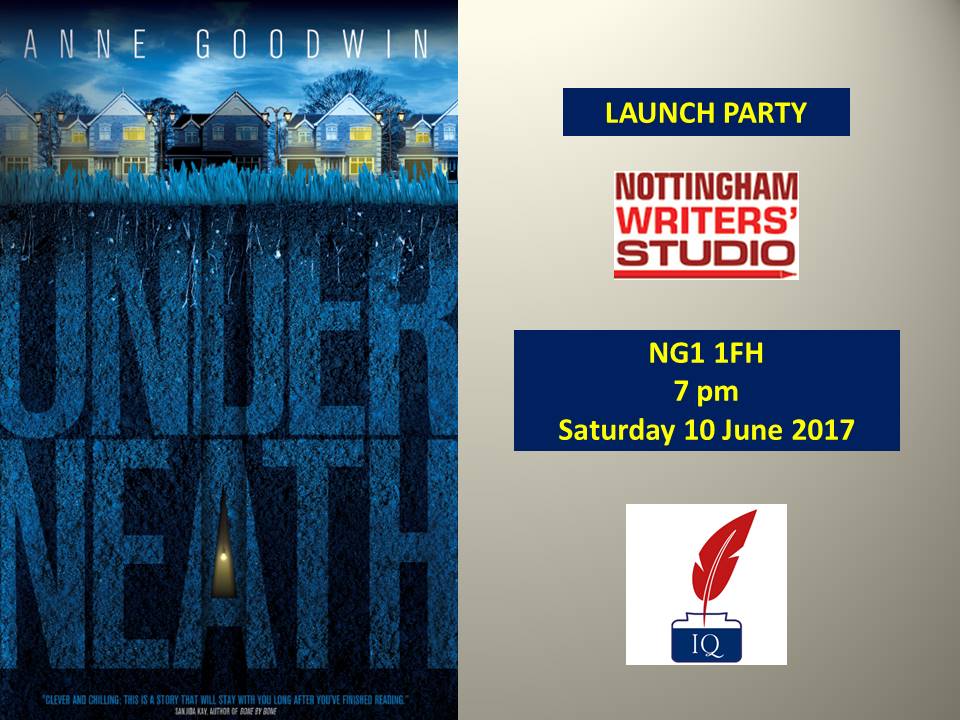
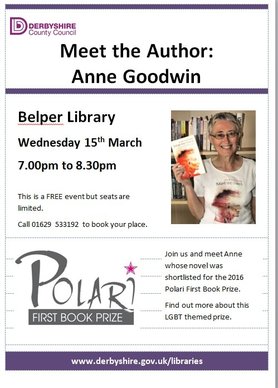
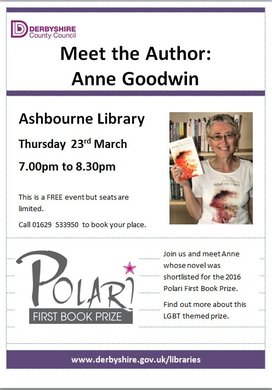
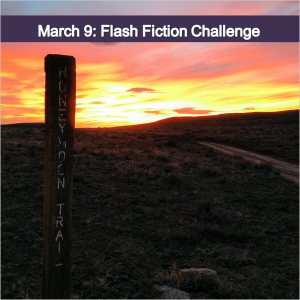





















 RSS Feed
RSS Feed





















